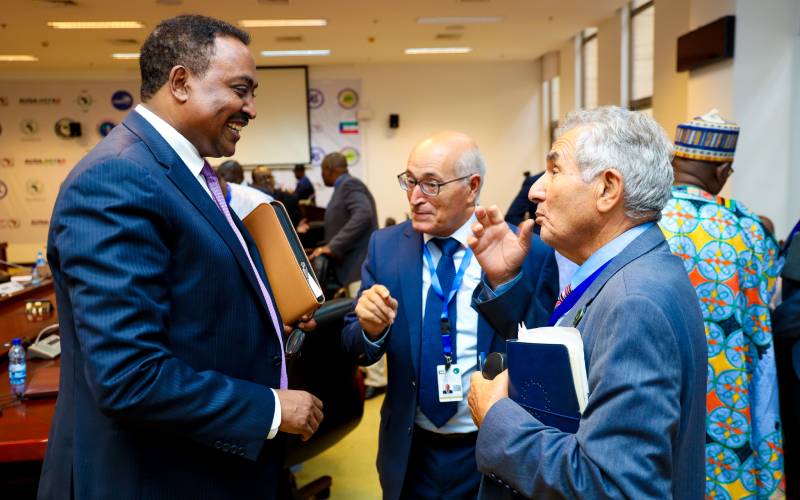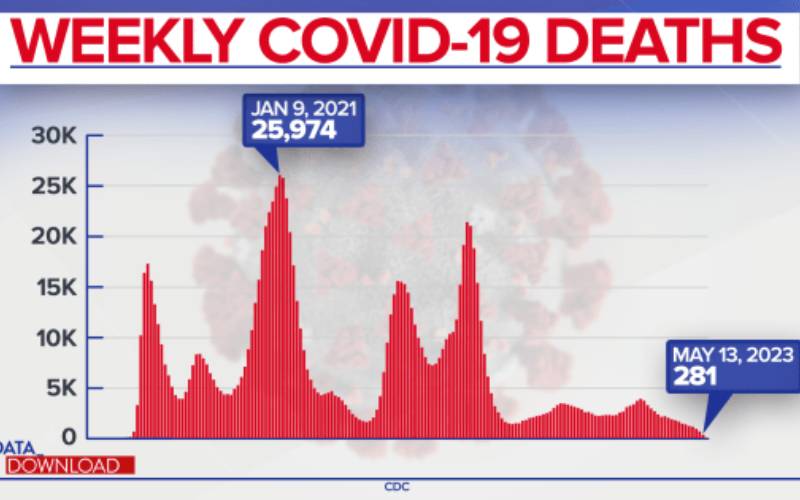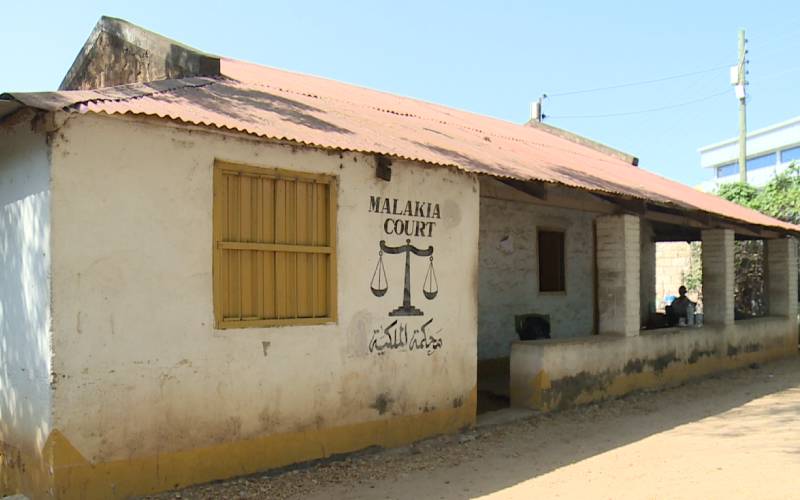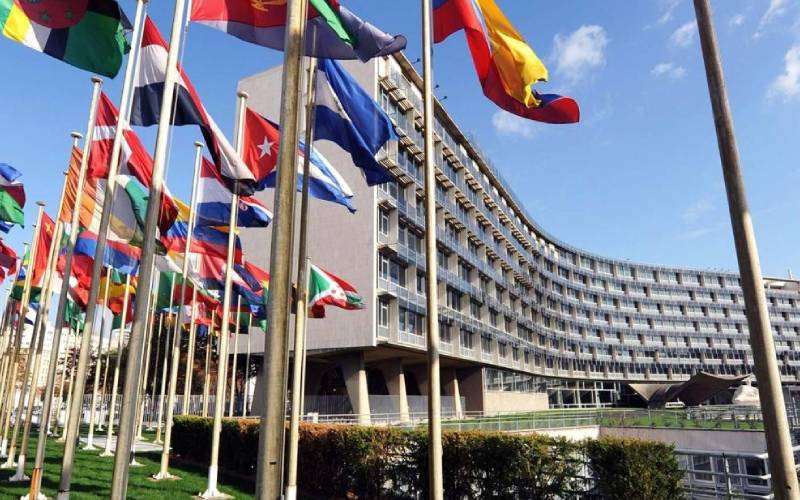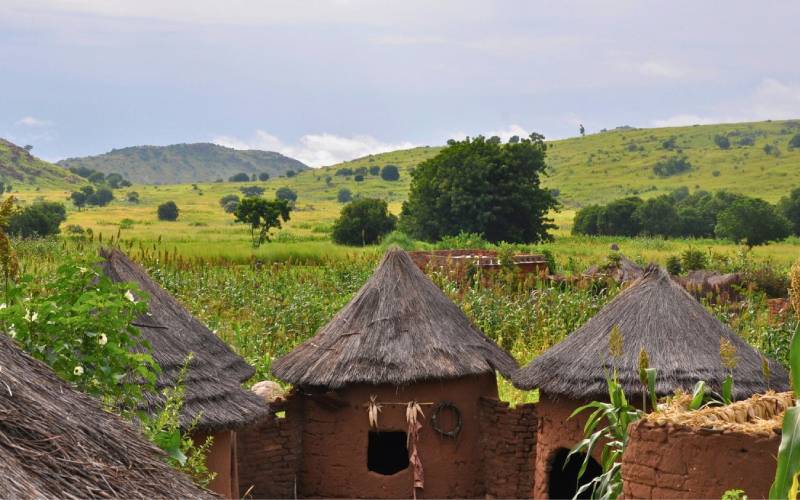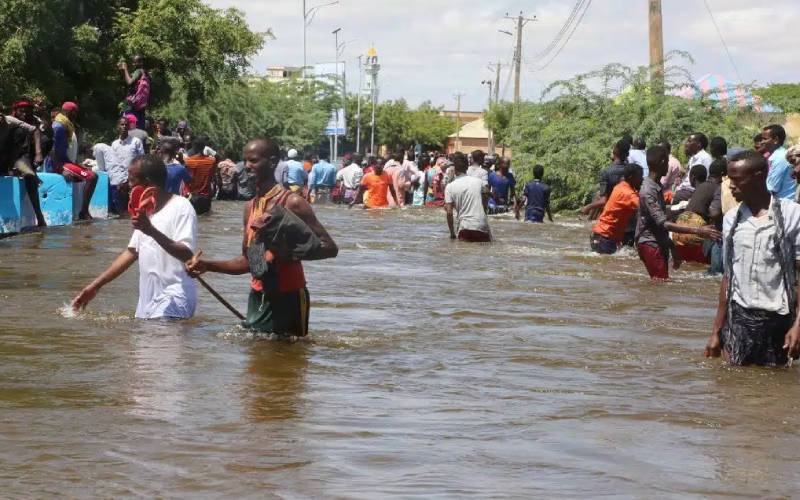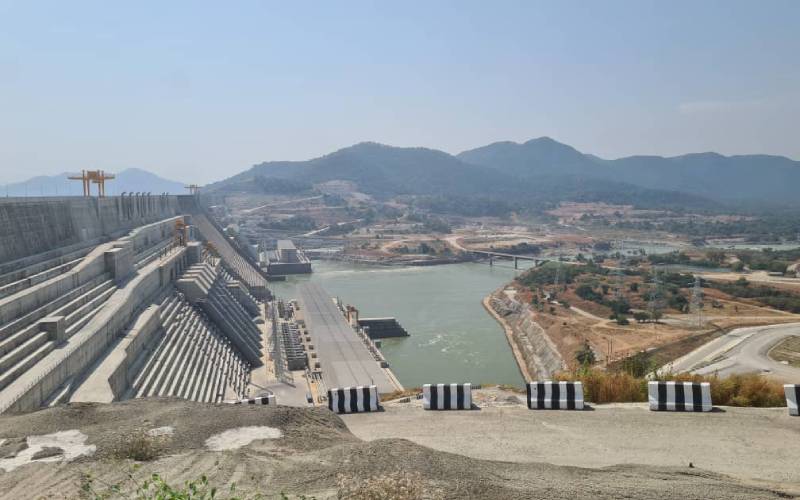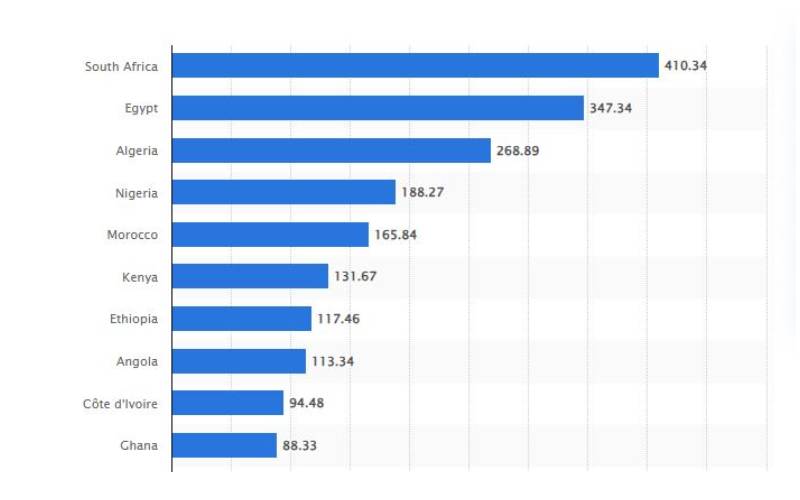The Intergovernmental Authority on Development (IGAD) has convened a coordination meeting with Regional Economic Communities (RECs), and Regional Mechanisms (RMs) in Malabo, Equatorial Guinea.
REC/RM consists of a coalition of African nations that have come together to enhance economic relationships and collaboration, with the goal of achieving greater regional integration.
The meeting attended by the CEOs of RECs/RMs, sought to further the African Union Agenda 2063. This 50-year vision and developmental framework aspires for people of African descent to achieve integration, prosperity, and lasting peace, driven by the efforts of Africans.
IGAD’s Executive Secretary, Workneh Gebeyehu, emphasized IGAD’s successes during its chairmanship of the Coordination platform, particularly concerning formal discussions on budget allocation for REC activities and the institutional positioning of RECs within the AU Commission to enhance governance and integration.
“These are not symbolic gestures—they are structural shifts toward a more coherent, efficient, and African-owned development architecture,” states Gebeyehu.
Mahmoud Ali Youssouf, Chairperson of the AU Commission, asserted that unity, alignment, and coordinated action are crucial for the successful implementation of Vision 2063 via the efforts of REC.
“The African Union values the role of RECs as indispensable partners in delivering Agenda 2063. Our future lies in unity, alignment, and coordinated action. Together, we must move from parallel efforts to collective delivery,” he said.
The meeting also highlighted the necessity of collaborative resource mobilization, a clear delineation of responsibilities, and a steadfast political commitment to realize continental priorities.
Africa’s regional integration is a joint endeavor by African nations and regional bodies aimed at tackling shared challenges, maximizing collective strengths, and unlocking the continent’s potential.
This initiative includes investing in strong regional markets, fostering trade, optimizing resource use, and empowering vulnerable communities. Its focus is on combating climate change, addressing pandemics and instability, and advancing sustainable development through collaborative regional solutions.
